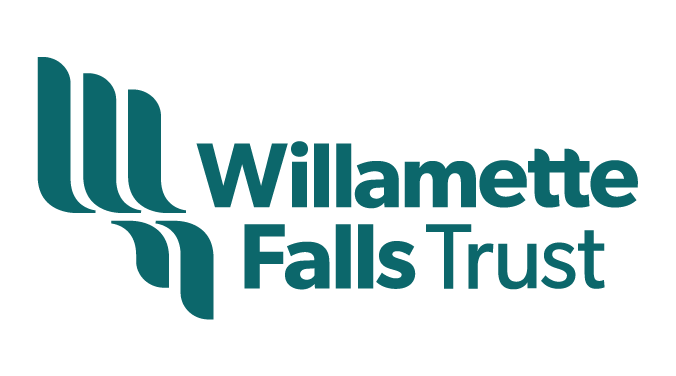Native American Heritage Month | Colonization's Impact, and History from Tribal Perspectives
We will be covering many aspects of the history, context, and contemporary issues in Indian country, and the lateral issues that we face as Native communities. Many of these topics are so fundamental to our daily experience, and yet our communities' absence in education and mainstream understandings of the US create an erasure of our history. This upholds the severe gap in understanding between Native and non-Native populations. It's important to remember many of these structures and colonization itself continue to this day, impacting our people, elders, and children across several generations.
We can begin to fill that gap and encourage you to pull on these threads to educate yourselves on Native communities' experiences, barriers, and resilience.
Treaty Rights
One of the most important aspects to learn about Native communities are Treaty rights. Treaties serve as the supreme law of the land, akin to the US Constitution, and document the legal sovereign status of Tribes - a status that we work daily to have respected by local governments and organizations.
Treaties do not "give" rights, but reserve the inherent rights gifted by the creator to Indigenous peoples. More than a century has passed since many Treaties were signed, and without interruption, these Treaties, and the sacred promises contained therein, continue to provide the legal basis for the right to exercise inalienable reserved-rights upon our ancestral lands and at our usual and accustomed places.
These are just a few links to kick-start some of these important understandings.
Broken Treaties: An Oral History Tracing Oregon's Native Population
Resettlement and the New Economy: Treaties and Reservations
Native American Treaties, Northeastern Oregon
Indian Treaties and Indian Fishing
Treaty Trail: Background Readings
6 Native leaders on what it would look like if the US kept its promises
Half of Oklahoma is “Indian Country.“ What if all Native treaties were upheld?
Termination, Relocation, and Restoration
“Both as a matter of justice and as a matter of enlightened social policy, we must begin to act on the basis of what the Indians themselves have long been telling us. The time has come to break decisively with the past and to create the conditions for a new era in which the Indian future is determined by Indian acts and Indian decisions.”
The Termination Era (1953 - 1968)
Uprooted: The 1950s plan to erase Indian Country
Termination and Restoration in Oregon
Richard M. Nixon: ‘Self-Determination Without Termination’
Indian Self Determination and Education Assistance Act — 1975
Restoration in Oregon: The Confederated Tribes of Coos, Lower Umpqua and Siuslaw Indians, Confederated Tribes of the Grand Ronde, Confederated Tribes of Siletz, Cow Creek Band of Umpqua Tribe of Indians, Coquille Indian Tribe, and Klamath Tribes
Indian Boarding Schools/Assimilation Institutions
“Indian boarding schools across the United States were founded in the late 1800s to forcefully assimilate Native children into the white, Christian man’s image. Richard H. Pratt — founder of the Carlisle Indian Industrial School
in Pennsylvania and the person behind the off-reservation boarding school system — operated under the motto: “Kill the Indian, save the man.””
Students standing at the entrance of the Chemawa Indian Training School in Salem, Ore. Undated. | Oregon Historical Society Research Library
Indian Boarding Schools' Traumatic Legacy, And The Fight To Get Native Ancestors Back (NPR)
Lost Lives, Lost Culture: The Forgotten History of Indigenous Boarding Schools (NYTimes)
Chemawa Indian School families seek answers, healing through federal investigation (Statesman Journal - Salem, OR)
Oregon Indian Boarding Schools (Oregon Encyclopedia)
Secretary Haaland Announces Federal Indian Boarding School Initiative (Department of Interior)
Voting Rights
“I must demand that you stop trying to deny me the rights that all people deserve.”
Literature at an early voting celebration at the American Indian OIC in Minneapolis.
Public Education (K-12)
“87% of state history standards include no mention of Native American history after 1900, and 27 states don’t mention Native Americans in their K-12 curriculum.”
Oregon Senate Bill 13: Tribal History/Shared History
In 2017, the Oregon Legislature enacted Senate Bill (SB) 13, now known as Tribal History/Shared History. This law directs the Oregon Department of Education (ODE) to create K-12 Native American Curriculum for inclusion in Oregon public schools and provide professional development to educators. The law also directs the ODE to provide funds to each of the nine federally recognized tribes in Oregon to create individual place-based curriculum.




